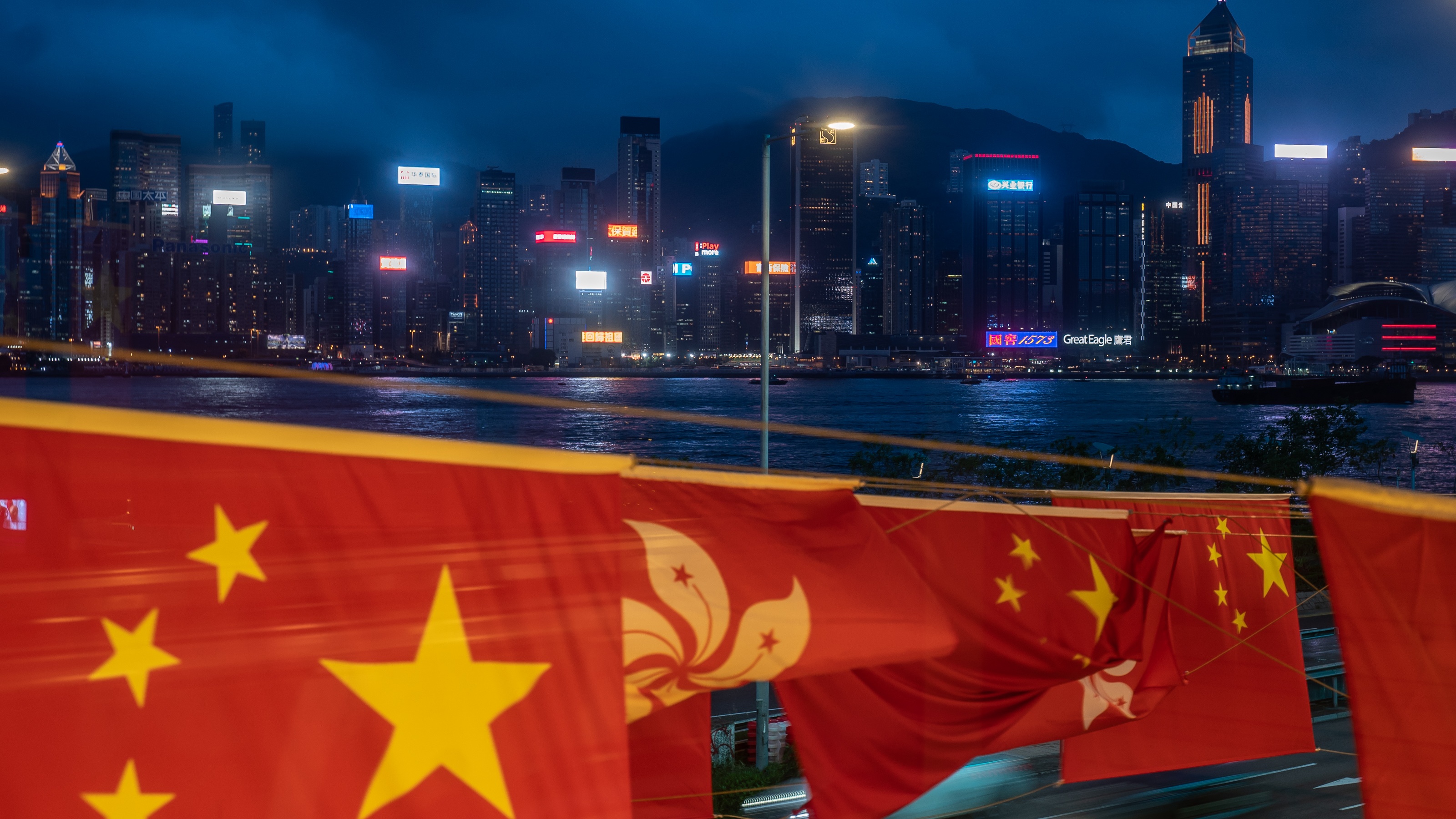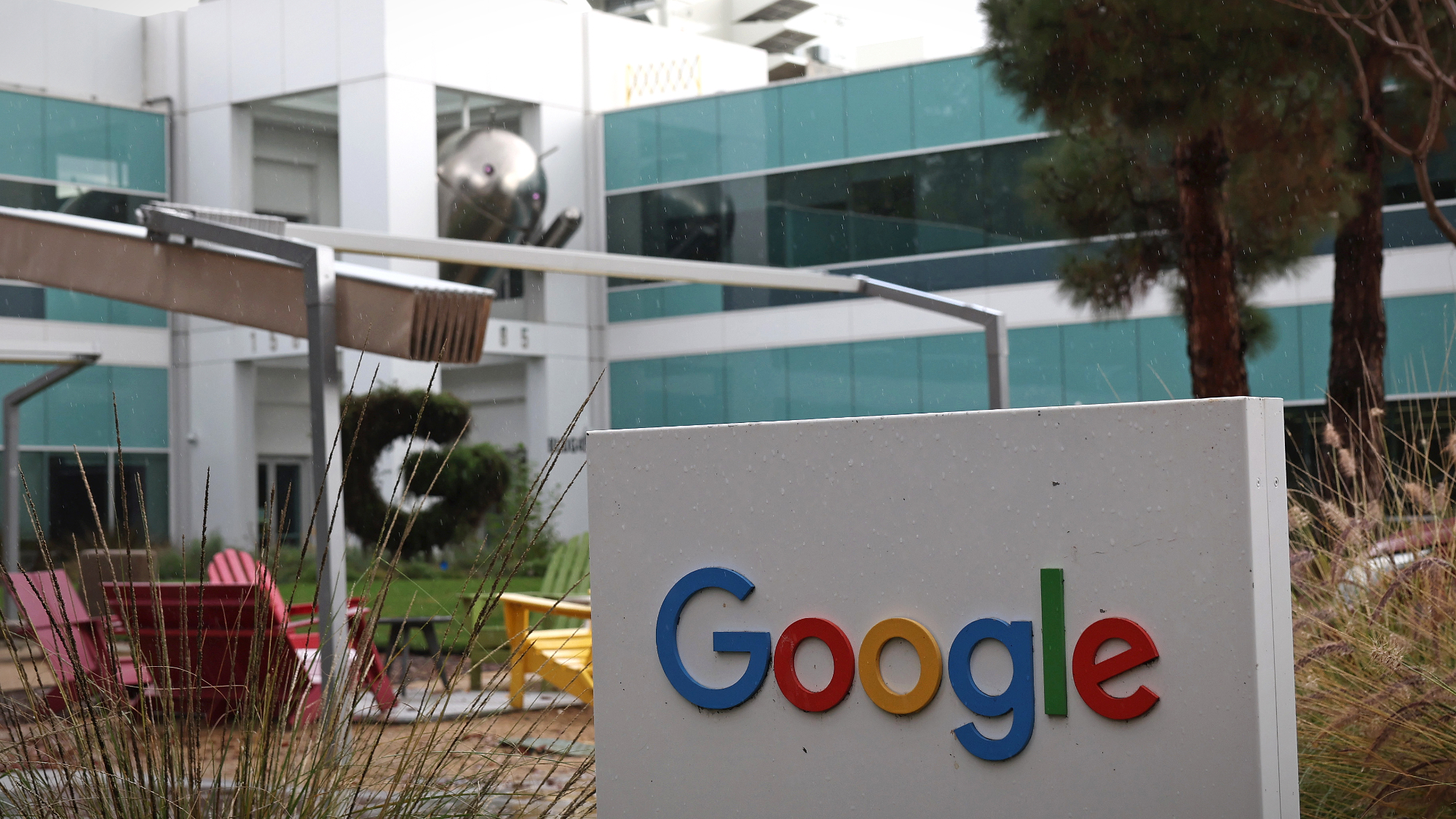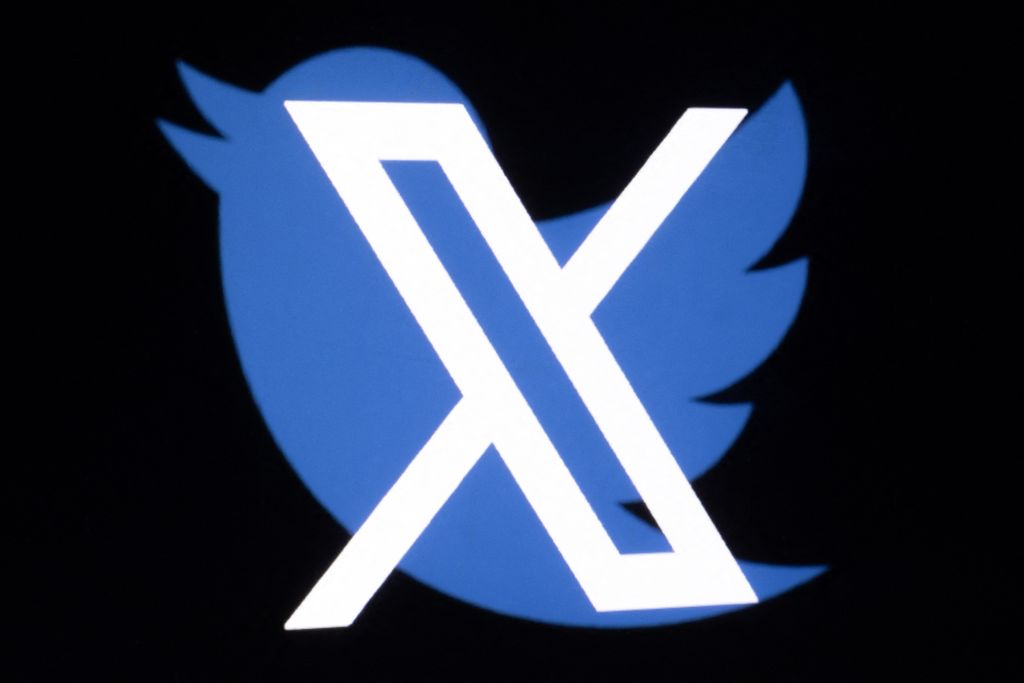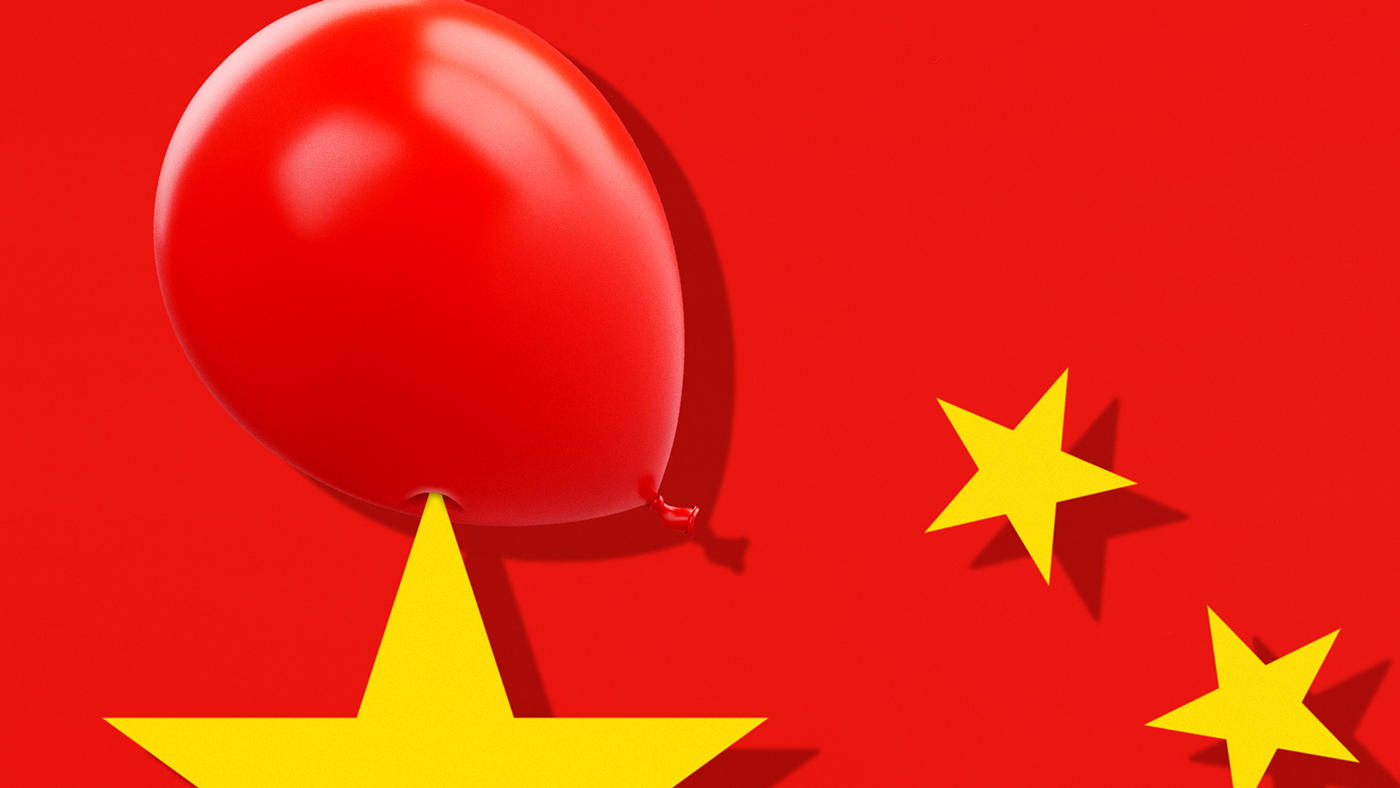Will China’s national security crackdown end Hong Kong’s status as a big tech hub?
Facebook, Twitter and Google threaten to leave over proposed data legislation

A free daily email with the biggest news stories of the day – and the best features from TheWeek.com
You are now subscribed
Your newsletter sign-up was successful
The world’s biggest technology companies have privately warned that they will pull out of Hong Kong if the Chinese territory goes through with plans to ramp up its privacy laws.
The warning came in a letter sent to the territory’s privacy commissioner for personal data, Ada Chung Lai-ling, by the Asia Internet Coalition (AIC), of which Facebook, Twitter, Google, Apple and LinkedIn are all members.
According to extracts of the letter published by The Wall Street Journal (WSJ), the companies expressed their concern that individuals could be hit with “severe sanctions” as a result of the proposed privacy law amendments, a threat that could cause technology companies “to refrain from investing and offering their services in Hong Kong”.
The Week
Escape your echo chamber. Get the facts behind the news, plus analysis from multiple perspectives.

Sign up for The Week's Free Newsletters
From our morning news briefing to a weekly Good News Newsletter, get the best of The Week delivered directly to your inbox.
From our morning news briefing to a weekly Good News Newsletter, get the best of The Week delivered directly to your inbox.
‘Doxing’ epidemic
Hong Kong is considering reforms to its privacy laws to “rein in cyber harassment” that became “prevalent during the 2019 anti-government protests” when “private information of police officers and their families were widely shared online”, The Times reports.
Under the proposed legislation, doxing – the practice of sharing an individual’s personal information online – would become punishable by a fine of one million Hong Kong dollars (£93,000) and up to five years’ imprisonment.
Hong Kong saw an “unprecedented wave of doxing” during the 2019 pro-democracy protests as personal details were “released by parties on both sides” targeting “police, politicians, journalists and activists”, The Guardian reports. In some cases, “the details of some officers’ home addresses and children’s schools were also exposed by anti-government protesters”, the paper adds, resulting in threats against their families online.
A free daily email with the biggest news stories of the day – and the best features from TheWeek.com
The WSJ says that big tech companies are concerned the legislation could “mean the firms and their staff based locally could be subject to criminal investigations”, as well as “prosecution for doxing offences by their users”.
“Introducing sanctions aimed at individuals is not aligned with global norms and trends,” Jeff Paine, the AIC managing director, said in the letter. “The only way to avoid these sanctions for technology companies would be to refrain from investing and offering their services in Hong Kong.”
He added that the reforms were a “completely disproportionate and unnecessary response” that could also curtail “innocent acts of sharing information online”, while acknowledging that “doxing is a matter of serious concern”.
A “broad reading of the rules” suggests that “an unflattering photo of a person taken in public or of a police officer’s face” could fall foul of the legislation, the WSJ adds, heightening concerns among big tech companies that it could exacerbate the number of Hongkongers leaving social media following a spate of arrests over online remarks.
A spokesperson for Chung Lai-ling told the WSJ that the law was needed to address doxing, which “has tested the limits of morality and the law”, adding: “The amendments will not have any bearing on free speech.” They continued that the territory’s government “strongly rebuts any suggestion that the amendments may in any way affect foreign investment in Hong Kong”.
Dissent crackdown
The legislation follows China’s imposition of a controversial national security law last year. Hong Kong’s laws are now “increasingly dictated by the Chinese Communist Party” and target “individuals and companies who conflict with Beijing”, The Times says.
Hong Kong’s chief executive, Carrie Lam, has defended the planned privacy legislation, telling a press briefing that it would only target “illegal” doxing and that “there is wide support that doxing should be legislated against”.
“The amendment exercise is to address the issue of doxing. The privacy commissioner is empowered to take action and carry out investigation – that’s it,” she said, adding that privacy reform was, like the national security legislation, being “slandered and defamed”.
However, the clash comes at a time when “global companies increasingly consider whether to leave the financial centre for cities offering more hospitable business climates”, the WSJ says.
A “sweeping crackdown on opposition and dissent” has seen more than 10,000 people, including journalists and politicians, arrested in relation to the 2019 protests, The Guardian reports. The Hong Kong government has so far “rejected international criticism of its crackdown, and instead vowed to further strengthen laws”.
Police also arrested Jimmy Lai, a media tycoon, on the charge of colluding with foreign forces after citing the national security legislation. Lai had used his sizeable social media presence to call for western countries to sanction Hong Kong and mainland officials.
Hong Kong’s relatively small population of 7.5 million “means it isn’t a major market” for foreign firms. However, companies have cited “the free flow of information in Hong Kong as a key factor for being located in the financial hub”, the WSJ says.
The Hong Kong government describes the territory as “rapidly emerging as a regional tech hub”, boasting that the Hong Kong Science Park is home to “600 technology companies and about 13,000 technology talents”. It adds that another site, the Cyberport, houses a further “900 digital tech companies engaged in various forms of digital technology”.
Chief executive Lam said that she would be happy to meet tech leaders to explain the reforms in more detail, telling the press briefing that “it would be ideal to relieve this anxiety when we make the legislation”, but adding: “Sometimes it needs to be demonstrated via implementation.”
But it has nonetheless contributed to “tech jitters” over China’s “campaign to make the city more like the mainland, including its push to dismantle the finance hub’s popular democracy movement”, France 24 reports.
Shortly after the national security law was announced, “many American and other tech firms announced they would suspend processing requests from Hong Kong’s law enforcement agencies”, the broadcaster adds.
Meanwhile, “plans to build an undersea data cable between the United States and Hong Kong were also scrapped”, while “some major international firms began moving crucial data off any servers based in the city”.
-
 6 of the world’s most accessible destinations
6 of the world’s most accessible destinationsThe Week Recommends Experience all of Berlin, Singapore and Sydney
-
 How the FCC’s ‘equal time’ rule works
How the FCC’s ‘equal time’ rule worksIn the Spotlight The law is at the heart of the Colbert-CBS conflict
-
 What is the endgame in the DHS shutdown?
What is the endgame in the DHS shutdown?Today’s Big Question Democrats want to rein in ICE’s immigration crackdown
-
 Google loses antitrust suit, declared 'monopolist'
Google loses antitrust suit, declared 'monopolist'Speed Read A federal court has ruled that Google illegally dominated the internet search industry
-
 The real reason Hong Kong is so mad at Lionel Messi
The real reason Hong Kong is so mad at Lionel MessiThe Explainer Anger over soccer star Lionel Messi's failure to play in an exhibition game has escalated into a diplomatic spat
-
 Elon Musk overshadows his own Cybertruck rollout
Elon Musk overshadows his own Cybertruck rolloutTalking Point The X owner's latest bizarre public appearance and incendiary comments threaten to derail the 'biggest product launch of anything by far on Earth this year'
-
 Elon Musk to X's fleeing advertisers: 'Go f--- yourself' and 'don't advertise'
Elon Musk to X's fleeing advertisers: 'Go f--- yourself' and 'don't advertise'Speed Read 'What this advertising boycott is going to do is to kill the company,' Musk said at a public conference
-
 Elon Musk kills the bird
Elon Musk kills the birdfeature Is X a necessary evil or more of an expensive mistake?
-
 Threads: Meta's Twitter clone gains a foothold
Threads: Meta's Twitter clone gains a footholdfeature The competition to usurp Twitter is heating up
-
 Lawmakers say tax prep companies illegally shared taxpayer data with Meta and Google
Lawmakers say tax prep companies illegally shared taxpayer data with Meta and GoogleSpeed Read
-
 What’s causing China’s deflation crisis?
What’s causing China’s deflation crisis?Today's Big Question Stalling post-pandemic recovery and weakening demand for exports could lead to growth spiral